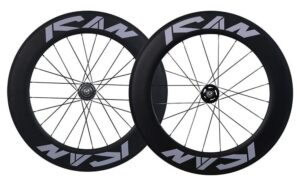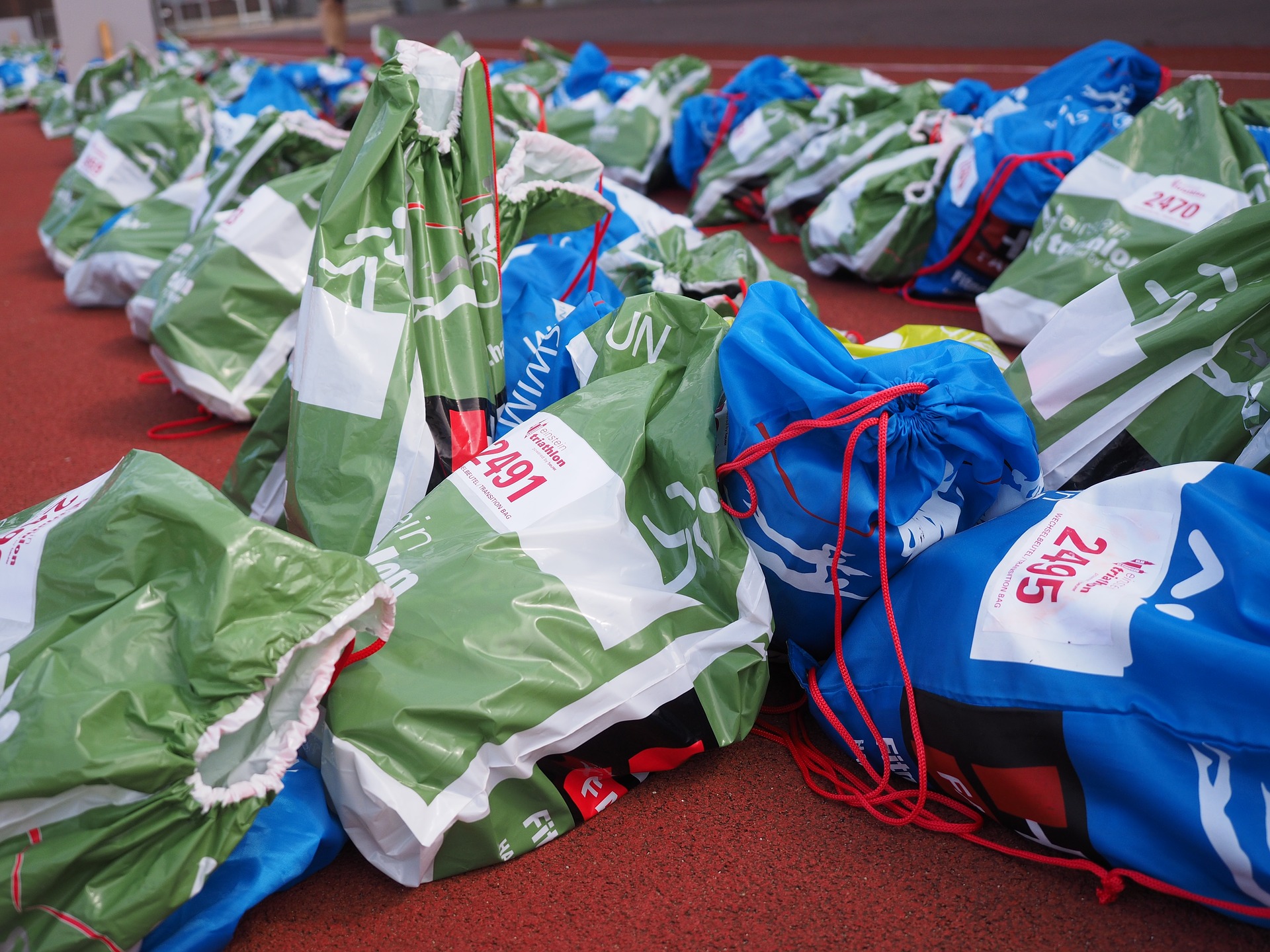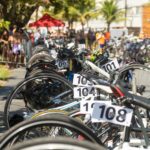As a rule, triathletes, whether competing in sprints, Olympic distance, 70.3s, or full Ironmans, aren’t usually known for their reluctance to put in the hours of hard work necessary to achieve their sometimes awe-inspiring goals. To the contrary, many triathletes are hyper motivated and often must be held back rather than pushed forward. At the same time, reining in committed triathletes, whether yourself, a training buddy, or someone you coach, can feel like a Sysyphean task. Yet allowing yourself, your friends, or those you coach to go “pedal to the metal” for too long is a recipe for a malady that strikes fear in the hearts of those very same triathletes. What am I referring to? Burnout (as shivers run down my spine)!
training buddy, or someone you coach, can feel like a Sysyphean task. Yet allowing yourself, your friends, or those you coach to go “pedal to the metal” for too long is a recipe for a malady that strikes fear in the hearts of those very same triathletes. What am I referring to? Burnout (as shivers run down my spine)!
Typically, burnout is caused by excessive training volume and intensity without sufficient rest and recovery, the result of which is physical exhaustion. Additionally, burnout can result from psychological  and emotional overinvestment (e.g., when your self-identity, self-esteem, and life goals related to triathlon become too central to who you are and how you feel about yourself) in triathlon to the point that it becomes mentally unhealthy, stressful, unpleasant, and interferes with your daily functioning.
and emotional overinvestment (e.g., when your self-identity, self-esteem, and life goals related to triathlon become too central to who you are and how you feel about yourself) in triathlon to the point that it becomes mentally unhealthy, stressful, unpleasant, and interferes with your daily functioning.
Burnout among triathletes is so anxiety provoking because it produces in us psychological, emotional, physical, and performance effects that are the exact opposite of why we engage in triathlon in the first place.
Physical
- Fatigue
- Low energy
- Sleep problems
- Changes in eating habits
- Declines in fitness

- Elevated heart rate
- Increased illness
- More and recurring injuries
Psychological
- Loss of motivation
- Decline in confidence
- Negativity
- Inability to focus
- Diminished resilience
- Feeling bad about yourself
Emotional
- Loss of enthusiasm
- Depression
- Anxiety
- Frustration
- Hopelessness

- Irritability
- Oversensitivity
Performance
- Passivity
- Tension
- Tentative performances
- Giving up easily
- Reactivity rather than proactivity
Given the truly unpleasant ramifications of burnout, a simple question you might ask is: Why would any triathlete put themselves in a position where burnout can arise? The simple answer is that, for most  triathletes, we can’t help ourselves, that is, we can’t rein ourselves in until we hit that proverbial wall and burnout slaps us upside our head (apologies for the mixed metaphor). Only when we feel the full effects of burnout are we, in most cases, able to recognize it for what it is and take active steps to relieve ourselves of the burden that burnout places on us.
triathletes, we can’t help ourselves, that is, we can’t rein ourselves in until we hit that proverbial wall and burnout slaps us upside our head (apologies for the mixed metaphor). Only when we feel the full effects of burnout are we, in most cases, able to recognize it for what it is and take active steps to relieve ourselves of the burden that burnout places on us.
Preventing and Relieving Burnout
The ideal scenario with burnout is prevention, that is, approach your training and racing in a way that simply avoids burnout from rearing its ugly head at all. Yet, given the type of people that triathlon attracts, such a scenario is highly unlikely. As such, a positive and healthy response to burnout that does occur is essential. Thankfully, prevention and relief involve most of the same strategies and can be used with equal effectiveness.
Physical
- Balanced training program with variety to keep training fresh and interesting
- Consistent rest (e.g., one day off a week; 3 weeks of high volume/intensity, 1 week of low volume/intensity)
- Listen to body (it speaks very clearly; you just have to hear and understand it)
- Healthy nutrition and hydration
- Lots of sleep
- Don’t race too much
- Allow yourself to recover after races
Psychological
- Ensure that your triathlon have a healthy place in your life (it should be a part of a balanced life, not life itself)
- Make sure you are doing triathlon for healthy reasons (.e.g., to have fun, to live a healthy life, to push your limits, to share the challenges with others)
- Have other activities that give you meaning, satisfaction, and joy
- Focus less on results and more on the process
- Take a break midseason
- If you’re part of a team or club, ensure that you are getting (and giving) a lot of support and encouragement
Off-season
For many triathletes, the so-called off-season is a time to not let up, but rather to put the “hammer down” in their training to get themselves ready for the next race season. In my view, a very bad idea! To the contrary, I would suggest that the off-season, though not “off” at all, is a time to recover from any burnout you might have accumulated during the past season and also inoculate yourself against burnout in the upcoming season.
contrary, I would suggest that the off-season, though not “off” at all, is a time to recover from any burnout you might have accumulated during the past season and also inoculate yourself against burnout in the upcoming season.
I have five recommendations to help you combat burnout that will leave you in a better place physically and psychologically as you enter next season.
First, yes, the obvious one, lots of rest, which means turning down the volume and especially the intensity during the off-season.
Second, take a mental break by prioritizing other aspects of your life, whether work, family, friends, or hobbies.
Third, cross train. Doing different things brings your mind and body to life with change and novelty. Also, cross training enables you to become a more well-rounded athlete which will help you be a better triathlete.
Fourth, let go of pace, distance, HR, power, and other metrics of training. Focus instead on just enjoying the experience of the three disciplines without concern for your data, fitness, or gains you might want to make.
Finally, just have fun (gosh, what’s the point otherwise)!
I can assure you that, when you do recommit to an intensive pre-season training program, your mind and body will thank you.







